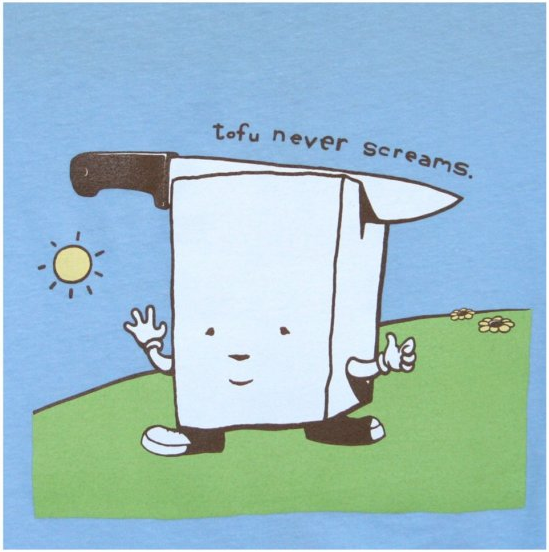What's up in the animal rights world? Do you ever find it hard to keep track of all that's going on? Do you feel like you are spending so much time keeping up to date that you never get a chance to do any activism yourself?
I know the feeling! A good way to deal with this is to start an animal rights club in your school or community. Having a group of people to work with you is not only fun, but it also keeps you on track.
This is part I of a two-part series on my blog. Part II will focus on starting an animal rights club in your community.
I attempted to start an animal rights club in grade 9, but failed rather miserably. I'd like to use this as an opportunity to warn you about the mistakes I made, so hopefully you won't make the same ones that I did. I also want to share my ideas with you.
- Choosing a name for your club: I recommend "Animal Rights Club". It sounds nice, and you can use the acronym, too: "ARC". However, you may run into administrative difficulties if you choose such a name. I definitely did, due to the fact that the teacher-sponsor thought that "Animal Rights" was a too politically-charged term. I gave in to her views, and agreed to change it to "Animal Awareness Club". This was a mistake! What teenager wants to join an "Animal Awareness Club"? None at my school, as I soon learned. So please, leave it at "Animal Rights Club", and you'll attract members much easier.
- Scary Administration: The admin are often closed-minded to students starting new clubs all of a sudden. When I first spoke to the Vice-Principal about starting an animal rights club, it was like talking to an evil villainess about how I wanted to rally her slaves into saving the kittens. The room was dark, she looked at me with these cold, evil eyes, and she spoke about how the school was focused on learning and not activism. I held my ground, and she agreed to let me give it a go, but only if I could find a teacher to sponsor me. I fled from her torture chamber (which was actually a simple office) and later asked my favourite teacher if she would sponsor me, or if she knew of anyone who would. She led me to another teacher who agreed to sponsor me. I then went back to the Vice-Principal, club mission plan and goals printed on a sheet of paper in hand. I handed the sheet to her and waited, like a criminal awaiting a verdict of either guilty or innocent. Her heartless eyes scanned the paper distastefully. She agreed that I could do it, but of course I was in charge of getting it on the announcements and putting up posters.
I think the important thing to remember here is that the admin usually are restricted from discriminating against you. They have to agree, as long as you are reasonable. So no matter how evil you think the admin are, don't give up. - Getting Attention: So how do you attract members to your club, anyway? Just because it is on the list of school clubs doesn't mean that anyone will know about it. There are 3 ways of getting attention for your club: 1) put up appealing posters with all the necessary information on them (you might need permission from admin for this); 2) get it on the announcements (again, go to admin); 3) tell all your friends to come along and bring their friends! I did the first two things for my club, but I didn't have any friends when I was in grade 9, so no one came. Really, guys. It helps if you have friends.
- Meeting Plans: What are you going to talk about? This is up to you. Certain animal rights organizations want you to start clubs under their name or using their materials (ie. peta2 and Roots & Shoots), but I think it's best if you are independent. By all means, use the resources that you can find from any groups, but keep your options open. You can talk about (and act on) any of the following things:
- Veganizing your cafeteria (or working for vegan options at your cafeteria);
- Abolishing dissection at your school (or eliminating the requirement for students to dissect);
- Stickers, leaflets, and posters: distribute them around school (everybody seems to LOVE stickers!!!);
- Holding presentations to teach classes about animal rights issues (you can either prepare the presentations yourself or bring in someone from another organization);
- Fundraising to do all the cool stuff you want to accomplish (but remember, you can achieve a lot for free, too):
- Supporting group members in living an animal-friendly life-- exchanging recipes, website URLs, books, clothing recommendations, etc.
- Organizational Structure: I suppose you'll be the president, but don't be bossy. That would be a "turn-off" for your members. Instead, allow others to take the lead once in a while. Accept that others have different opinions, but don't let them steer the club entirely! Try to achieve a balance, okay?
